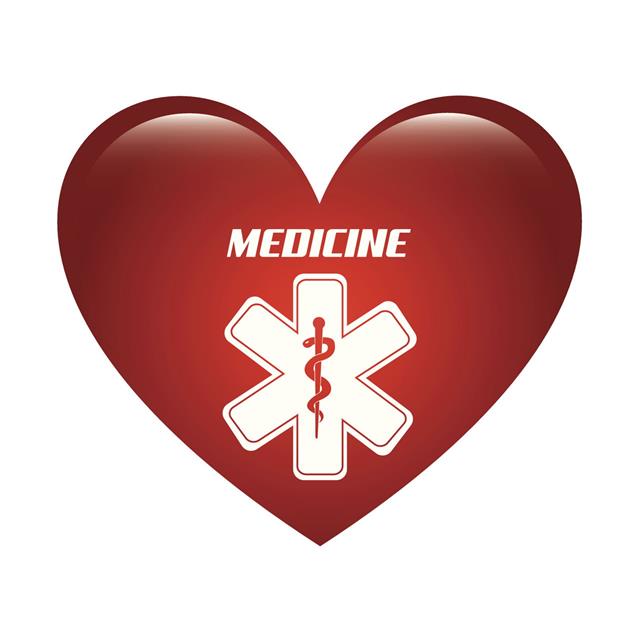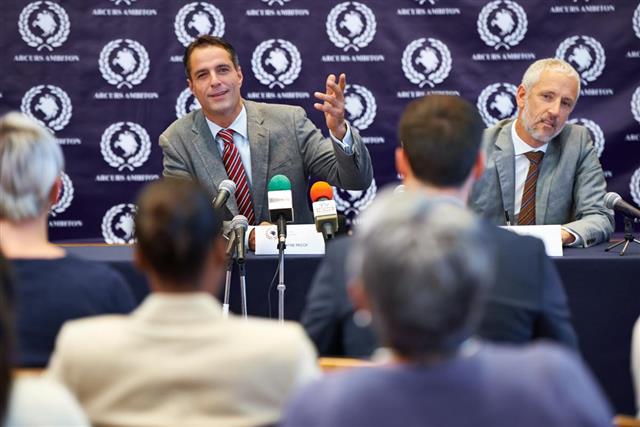A cardiologist's job is quite complicated and critical, and therefore, not an easy position to fill in. Read on and the information about this job profile given here will help you decide whether this is the profession you would want to choose.

Tap to Read ➤
Cardiologist Job Description
Shrinivas Kanade


A cardiologist's job is quite complicated and critical, and therefore, not an easy position to fill in. Read on and the information about this job profile given here will help you decide whether this is the profession you would want to choose.

You may need to get more information about being a cardiologist, if you see this field as one of the options that you would like to consider in the near future.

A patient suffering from discomforts such as that of myocardial infarction, heart attack, or cardiac arrhythmia, finds solace in reaching the first available doctor, but he may not be the one who can treat the condition. He would offer temporary relief and refer a patient to a cardiologist.

He or she is a physician who specializes in the structure of the heart, its functions and disorders. They diagnose heart ailments in patients, from newborns to the elderly. A qualified practitioner works as part of a team consisting of those specializing in internal medicine, pediatrics, cardiac surgery, etc., to offer specialized care to heart patients.

They use a range of tests like electrocardiograms, CT scans, MRIs, X-rays, blood tests, cardiac catheterization, and cardiovascular endurance exercises, as aids for diagnosing the patient's condition.

He/she may use treatments such as balloon angioplasty or pacemaker installation to cure a patient. Their work includes prevention, diagnosis, and treatment of heart and blood vessel diseases. Diseases diagnosed include coronary artery disease, hardening of the arteries, arrhythmia, ischemic cardiomyopathy, high blood pressure and peripheral arterial disease.

Some of these doctors may present their research at conferences, besides caring for patients in their clinics and in hospitals. They may specialize in general cardiology, pediatric cardiology, or interventional cardiology.

Pediatric Cardiologists
A pediatric cardiologist treats disorders or diseases of the heart in children under 19 years. He/she specializes in treating congenital or acquired heart disease in children and infants. His or her job also includes diagnosing and treating infants that are still in the womb of their mother.

Hospitals and universities are where he or she will primarily work and that too for long hours. He or she may also attend at multi-specialty clinics or have their own private practice. However, they do not perform major surgeries on patients; those are done by cardiac surgeons.

Not only intellectual and physical stamina but the ability to communicate with their patients and with others in the team is important for being successful in this job.

Interventional Cardiologists
The prevention of heart disease in patients is the primary goal of an interventional cardiologist. During the course of his or her daily practice, he/she needs to talk to patients of all ages. He/she uses one's expertise to develop a healthy diet and exercise routine for the patients.

The primary aim is to regulate blood pressure, cholesterol or other factors, which can contribute to heart disease. All efforts are geared towards preventing heart attacks and chances of expensive cardiac surgeries. Following the treatment plan, which may last for months or even years, the patient can successfully keep a check on his or her heart ailment.

Educational Qualifications
One can attain the position after completing a bachelor's or master's degree and four years of medical school. General and interventional cardiologists complete three years of residency training in internal medicine. This is followed by 3-year fellowship in cardiology.

An interventional cardiologist spends another year to receive specialized instructions and training, after successful completion of the fellowship. The entry-level cardiologists may earn around USD 242,600 on an average per year.

A pediatric cardiologist, instead of focusing on residencies in internal medicine, completes 3 years in pediatrics and then a 3-year fellowship in pediatric cardiology. On an average, they may draw a salary around USD 224,400 per year. All these doctors must pass state exams to become a licensed practitioner.

Due to stress, lifestyle changes, and lack of exercise, we are witnessing an increase in the number of people falling prey to heart diseases. In such a situation, the cardiologists play an important role in today's society.